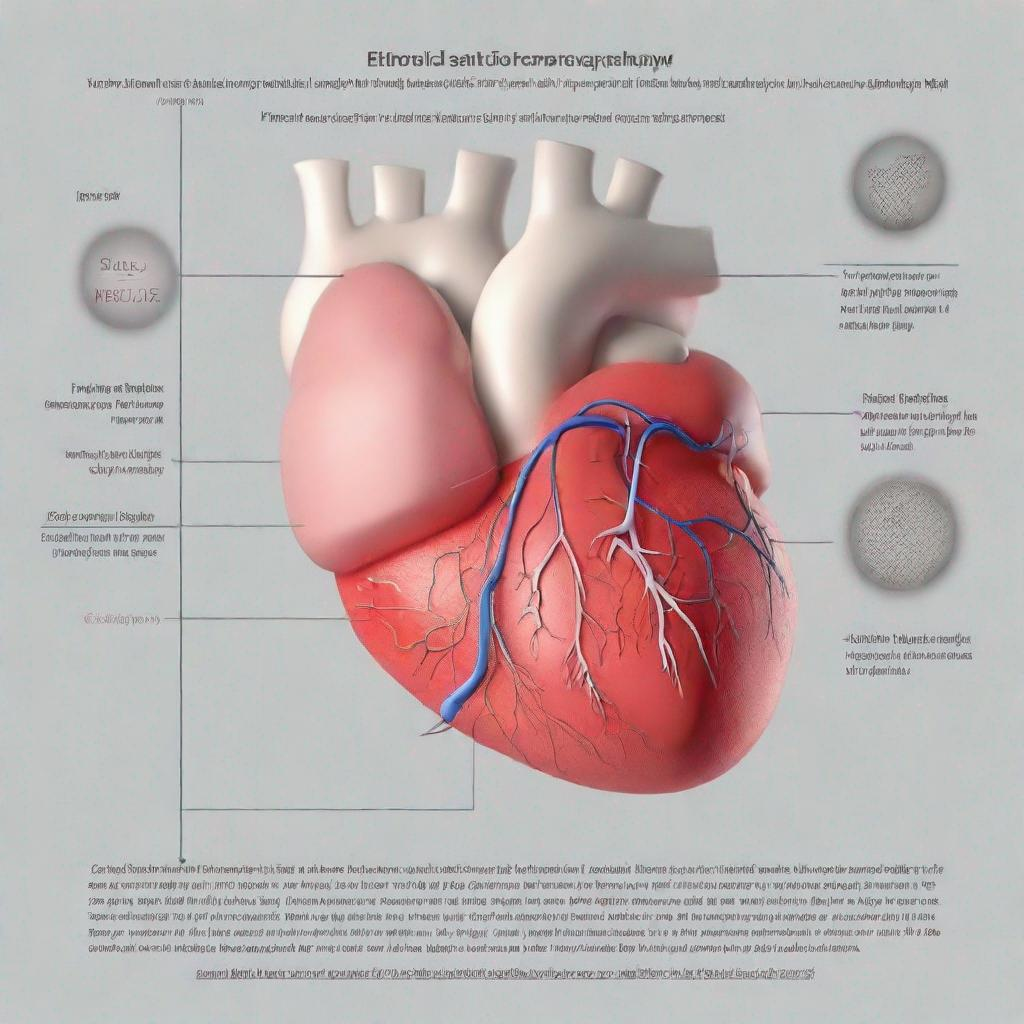## Electrocardiography (ECG): A Medical Window into Heart Health
### Introduction
Electrocardiography (ECG), often called an EKG, is a non-invasive medical test that records the electrical activity of the heart. This information provides valuable insights into the functioning of the heart and can assist in diagnosing various medical conditions.
### Procedure
An ECG is performed using electrodes (small adhesive discs) placed on the chest, arms, and legs. These electrodes capture the electrical signals generated by the heart’s contractions and send them to a machine, which translates them into a graphical representation of the heart’s electrical activity. This tracing is called an electrocardiogram.
Usually, an ECG is done by a nurse, technician, or doctor who specializes in cardiology or electrophysiology.
### Diagnosis
An ECG can help diagnose and monitor a range of heart conditions, including:
* Arrhythmias (irregular heartbeats)
* Bradycardia (slow heart rate)
* Coronary artery disease (narrowed or blocked heart arteries)
* Heart attack (a blocked coronary artery that damages heart muscle)
* Heart block (electrical blockage in the heart)
* Heart failure (inability of the heart to pump blood efficiently)
* Myocardial infarction (heart attack)
* Pericarditis (inflammation of the heart’s lining)
* Tachycardia (fast heart rate)
* Wolff-Parkinson-White syndrome (irregular electrical pathways in the heart)
### Importance
Timely ECGs are crucial for detecting and diagnosing heart conditions that may require immediate or ongoing medical treatment. They can:
* Identify arrhythmias, which may lead to strokes or sudden cardiac arrest.
* Diagnose heart attacks early, enabling prompt interventions to minimize heart damage.
* Monitor the effectiveness of treatments for heart conditions.
* Screen for potential heart problems in high-risk individuals.
### Alternatives
Other cardiac diagnostic tests include:
* Ambulatory ECG monitoring: Records heart activity over 24-48 hours using a portable device.
* Cardiopulmonary exercise testing: Evaluates heart and lung function during exercise.
* Electrophysiological study: Maps the electrical pathways within the heart and identifies potential abnormalities.
* Stress testing: Monitors heart activity while the patient exercises to detect potential heart problems.
### Preparation
No specific preparation is required for an ECG. It’s advisable to wear loose, comfortable clothing and avoid caffeine or nicotine beforehand, as they can affect heart rate.
### Duration
An ECG typically takes around 5-10 minutes to complete. Results are usually available immediately for interpretation by a healthcare professional.
### Recommendations
In conjunction with an ECG, the following tests may be recommended to further assess heart health:
* Blood tests (for cardiac enzymes and lipid profiles)
* Chest X-ray
* Echocardiogram (ultrasound of the heart)
* Holter monitor (a portable device that records heart activity for 24 hours or more)



